Farah Maalim has made a bold statement directed at Deputy President Gachagua. He asserts that Ruto presently lacks the authority to give any form of protection. He also lacks the authority to offer assistance.
This declaration highlights the shifting political landscape in Kenya, where alliances and power dynamics are constantly evolving. Maalim’s comments suggest a growing discontent with Ruto’s leadership and his ability to influence political outcomes.
The context of Maalim’s remarks stems from ongoing political tensions. Ruto faces challenges as he navigates his role in the government. As the Deputy President, Ruto is expected to wield significant influence.
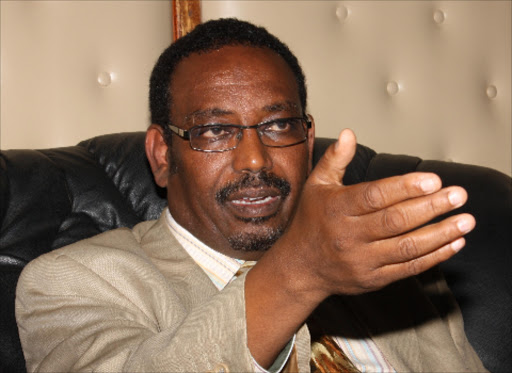
Yet, Maalim’s assertion indicates that this influence is waning. The implications of this statement resonate with various political factions. It also affects the public, potentially impacting Ruto’s standing within the government and among his supporters.
Maalim’s critique also reflects broader concerns about governance and accountability in Kenya. He taps into a narrative by questioning Ruto’s power. This narrative seeks to hold leaders accountable for their actions and decisions.
This sentiment resonates with citizens who are increasingly demanding transparency and effective leadership from their elected officials.
Overall, Maalim’s comments serve as a reminder of the fluid nature of political power in Kenya. Leaders face scrutiny and challenges. The dynamics of support and opposition can shift rapidly. This influences the future of governance in the country.
The political landscape remains unpredictable. Statements like Maalim’s signal a turning point in the ongoing discourse about leadership and authority in Kenya.

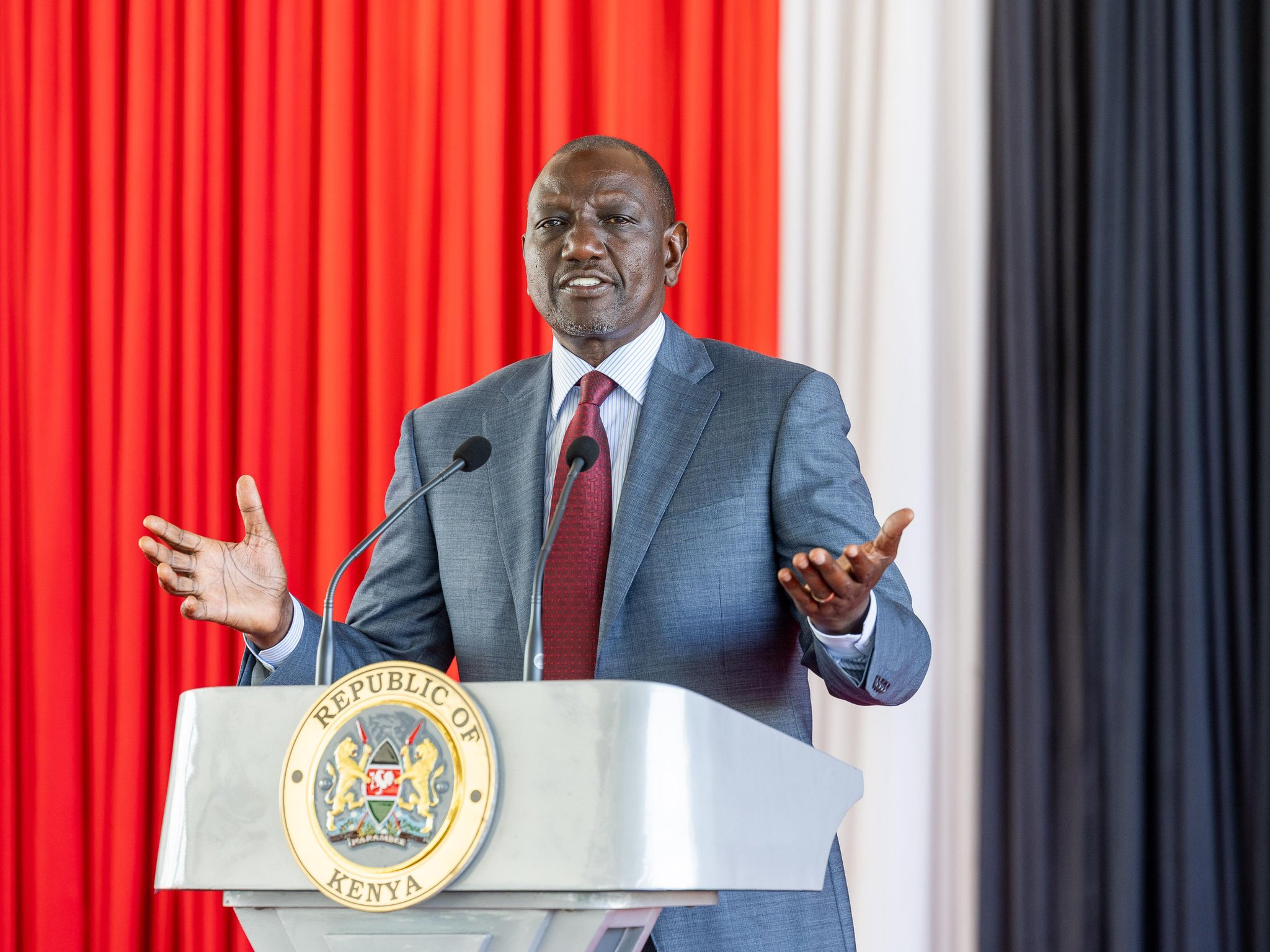
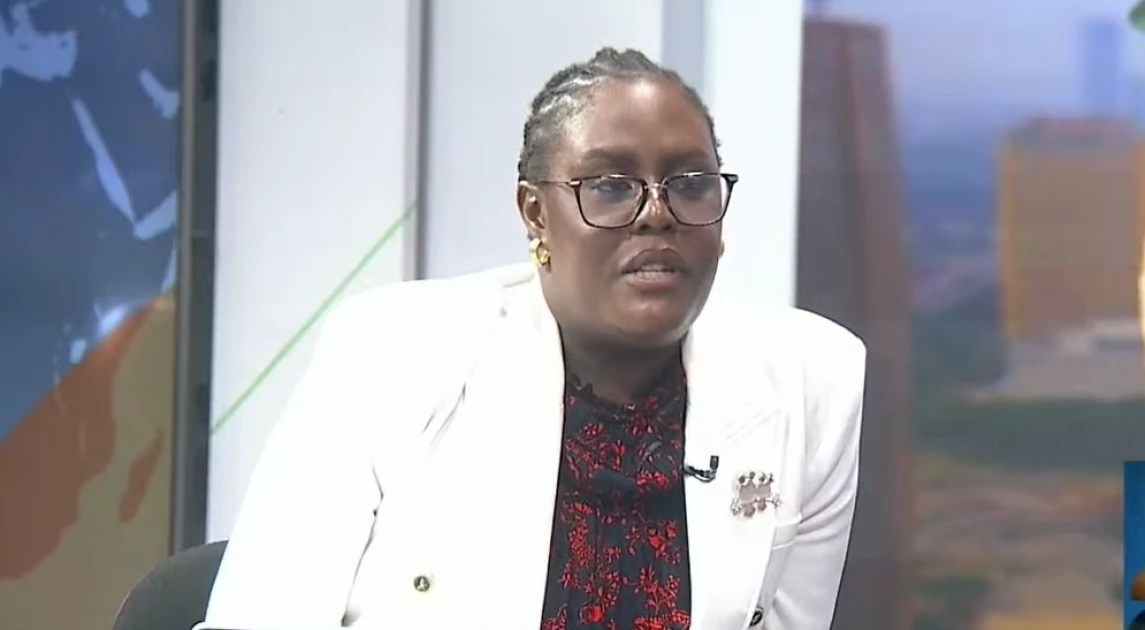
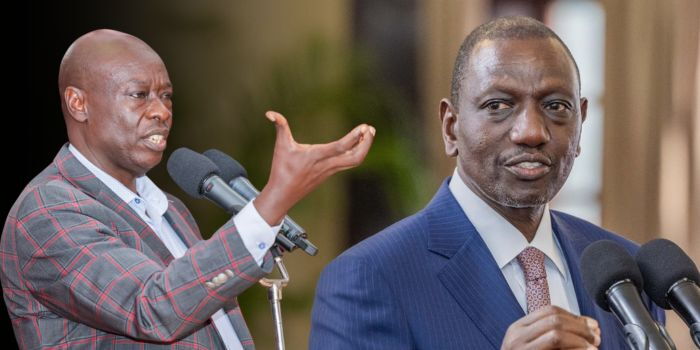
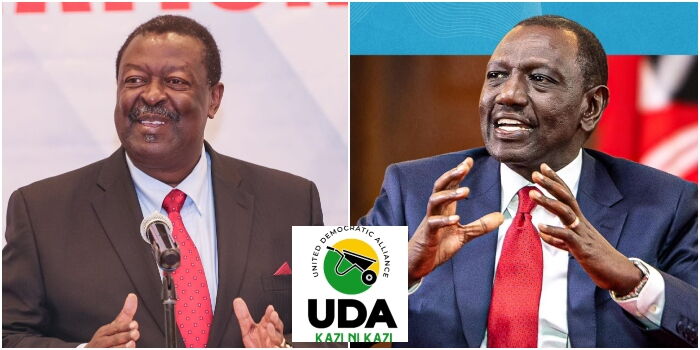

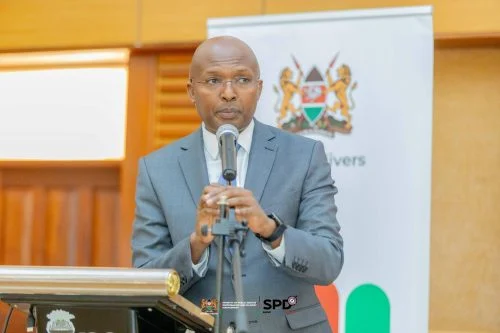

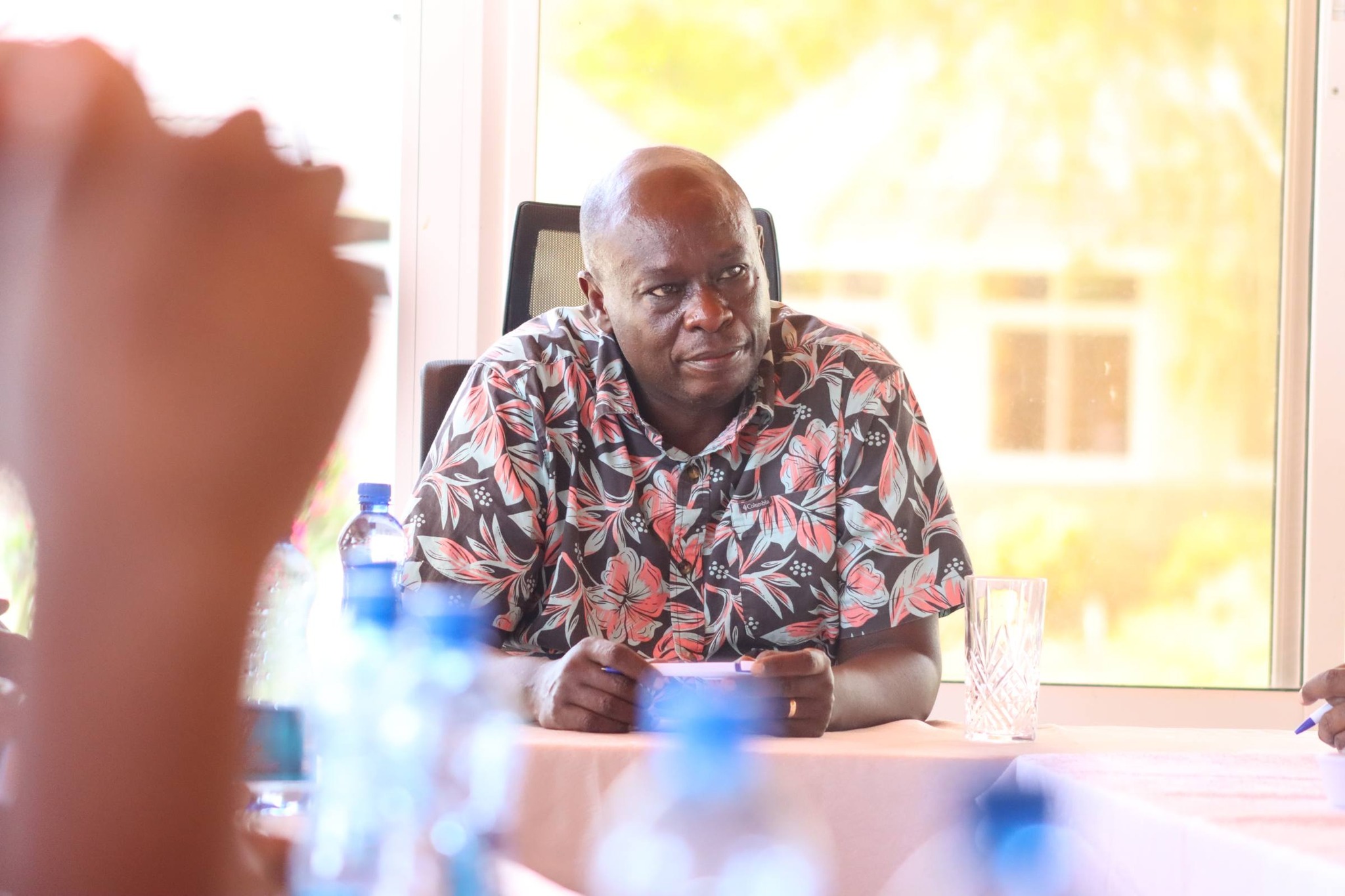
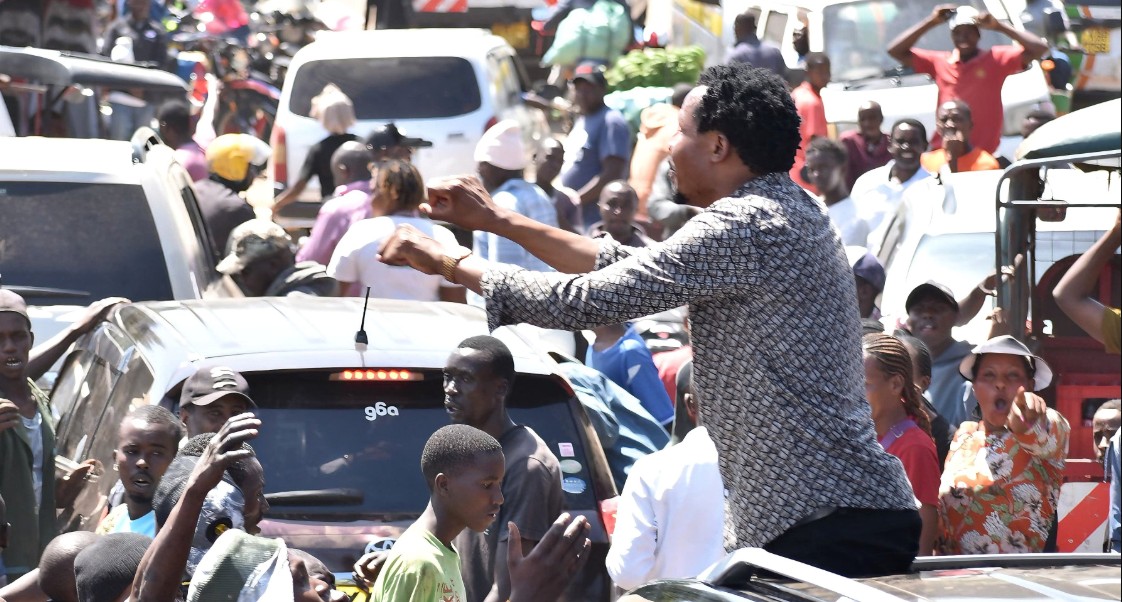

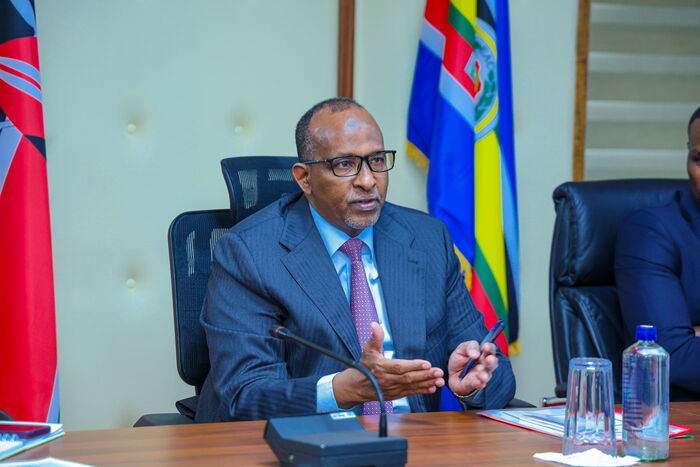

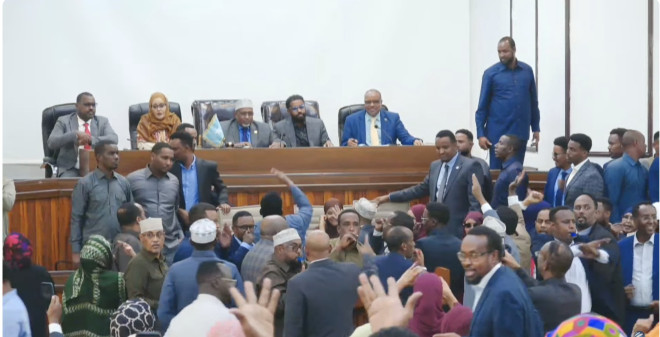

Leave a Reply